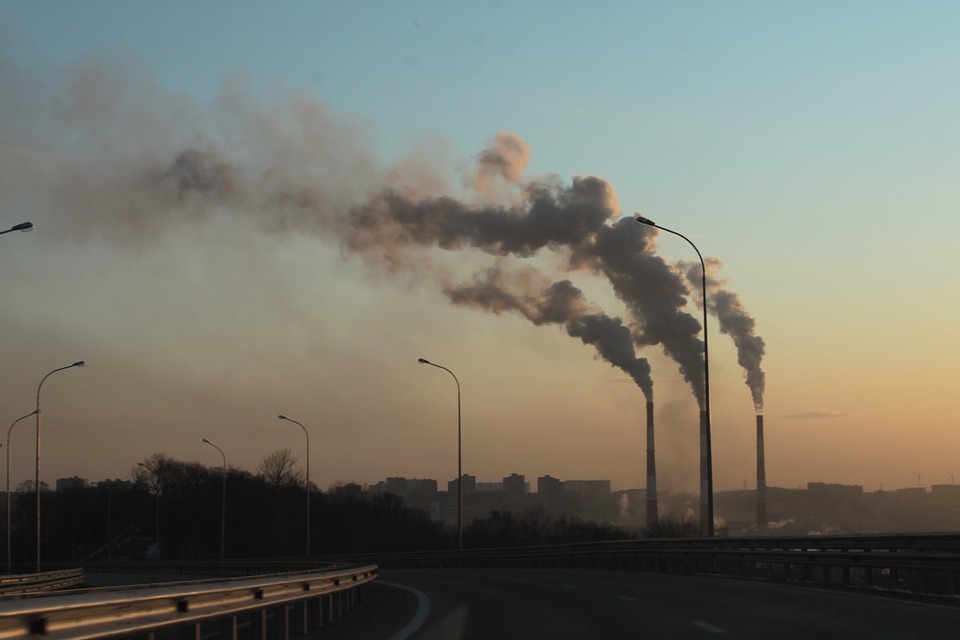As the rich in America get richer, the environment gets more polluted.
Those are the findings of a new study from researchers at Boston College who looked at carbon emissions in the U.S state by state, between 1997 and 2012.
Over that 16-year period, the study showed states with higher income inequalities also had a bigger carbon footprint.
Sociologist Juliet Schor, who co-authored “The Carbon-Wealth link” with Andrew Jorgenson, said the connection between wealth and carbon emissions has been well documented on a global scale. The world’s richest 10 percent produce half of all climate-harming emissions on Earth, according to a 2015 Oxfam report.
But the Boston College study is the first delve how wealth relates to carbon emissions in the U.S., researchers said.
The answer: “The more unequal states pollute more,” Schor said, and pollution levels actually increase as wealth increases.
Researchers calculated how much additional carbon is burned as the income of the state’s top 10 percent grows.
In Texas, a 1 percent increase in wealth added between 800,000 and 900,000 metric tons of carbon emissions into the atmosphere.
Washington, D.C., meanwhile, saw the lowest growth in carbon emissions, at an increase of 3,200 and 3,700 metric tons for each 1 percent increase in wealth.
Part of the blame can be attributed to consumption.
A heavy amount of income concentrated at the top leads to what Schor calls “’competitive consumption,’ people keeping up with affluent lifestyles.” This means there are more people living “carbon-intensive lifestyles, so bigger houses, cars that pollute more, more air travel.”
The second reason for the disparity has to do with the relationship between “economic power and political power.”
This concept isn’t entirely new. It’s common that wealthy corporations can seek to push lawmakers to enact fewer or less stringent environmental regulations.
In this case, Schor said, wealthy individuals “involved in highly polluting activities” can pressure state governments to weaken or cancel emission regulations.
So what can environmental advocates do with this information? They should, Schor said, join forces with advocates working to end income inequality.
“Less income inequality will yield better environmental outcomes,” she said. “It’s an analysis that says people should get together and work for a common cause of a more just and more environmentally responsible economy.”
























